For the past 6 months, Justin Fields has been amassing a cult of believers. They believe Fields has been held back by a poor receiver corps that will now be enhanced by offseason acquisition DJ Moore. They believe Fields will make big improvements upon his passing game, breaking out as an elite QB. They believe he will lead the Bears to their first playoff berth since 2020, a drastic turnaround from their 3-14 record last year. They believe Fields will win MVP. They’re everywhere.
An array of sports publications have put out articles in favor of a Fields breakout year. In the yearly NFL Top 100, players ranked Fields at #86, shockingly above QB Trevor Lawrence and only 12 spots below 2019 MVP Lamar Jackson. In August, online sportsbook PointsBet reported that Fields was getting 19% of MVP bets, more than Patrick Mahomes, Josh Allen, and Justin Herbert combined.
However, apart from some run-of-the-mill positive training camp reports, the overwhelming wave of Justin Fields fever has been almost entirely based on unsubstantiated narratives and hopes. There has been a fair share of pushback and doubts, but the Fields hype was so overwhelming that it felt poised to come true. For much of the first half of the Bears season opener against the Packers, it did.
Immediately, Justin Fields found a rhythm with his receivers. Through his first ten attempts, Fields threw for 95 yards on eight completions. Though Moore only received two targets in the entirety of the first half, Fields generated a handful of big plays with Mooney, Kmet, and Herbert. When his weak O-Line allowed pressure or he wasn’t able to find anyone open, admittedly at times due to his shortcomings as a field general, Fields improvised improvisation, scrambling and weaving through defenders on a limb to secure a first down. Fields was showcasing his athleticism and speed not as a crutch for a lack of passing ability, but as a supplement. He looked dynamic, and the Bears offense was moving in a way that I had been hoping for all offseason. Then, inexplicably, Head Coach Matt Eberflus and Offensive Coordinator Luke Getsy pulled the plug. Multiple times, the Bears would advance into touchdown territory, but squander the opportunity due to offensive stutters and incompetent coaching.
At one point in the late first quarter, they had moved the chains to the Packers’ 31-yard line on a first down. Red hot with momentum, the Bears were in perfect position to score a touchdown and tie the game. Instead, the Bears’ momentum came to a screeching halt with back-to-back false start and unnecessary roughness flags that pushed them back to the 41-yard line on a 1st and 20. And then, rather than Getsy adjusting their gameplan to a longer-passing game to pull themselves out of the yardage hole they had gotten into, he called futile and inappropriate screen passes. As a result, they settled with a field goal at 4th and 7.
Again, early in the 2nd quarter, the Bears had strung together an impressive 66-yard drive. They ended up in the heart of the red zone with a 1st down at the Packers’ eighth-yard line. It was an opportunity to score handed to them on a platter. A Fields to Kmet connection moved the needle four yards, setting up a low-pressure second down at the Packers’ fourth-yard line. Running the ball was a no-brainer that would either result in a touchdown, or even closer positioning for a third down. Instead, Getsy ran a pass, and Fields dropped back, attempted to scramble once again but was sacked for a 7-yard loss. Now with a third down at the Packers 11th yard line, rather than attempting a mid-range pass, a screen pass is to Kmet. It is dropped, but even if it was was successful, it wouldn’t have resulted in anything. The Bears once again settled for a field goal, blowing another opportunity in an even more mind boggling fashion. Ending the second half touchdown-less was a big blow for the Bears, but that was far from the worst of it.
While frustrating, the Bears’ first half was far from disastrous. The team’s flaws were apparent, and it was clear that they hadn’t quite done the offseason 180° everyone hoped for, but they hung in there. Down only 6-10 at the half, a win was still very viable with some halftime adjustments. Unfortunately, that didn’t pan out. The Packers came out of the half completely reinvigorated and the Bears couldn’t control them. The Bears’ cracks in their game turn into a full-fledged collapse. After an opening drive in the second half where Green Bay totally bullied the Bears into their end zone, the tone for the remainder of the game was set: a classical Green Bay beating of Chicago. Packers piled on two more touchdowns including a garbage time Fields pick six. Bears managed to score touchdown, but it was too little too late.
It’s a demoralizing loss and a crushing note to open the season on. Week 1 should never be the judgement day of any team, if the Chiefs, Bills, and Bengals week 1 losses indicate anything. But this Bears loss holds much more weight. The Bears were hyped up as a reinvigorated force in the NFC, and week 1 against the Green Bay Packers, a rival that needs no introduction, was their opportunity to make a statement. For long, the Packers have bullied the Bears under the reigns of Brett Favre and Aaron Rodgers. This year was supposed to be the year that dynamic changed, as Rodger’s passed the torch to an unproven Jordan Love and left Green Bay in rebuilding mode. Yet here they were, as always, getting blown out of the water in their home turf by a Packers team that was meant to be bottom of the barrel of the NFC and the least of the Bears troubles in their division.
It’s easy to see the blowout score of the game, to see Fields’ mediocre statline, to see his pick six on ESPN’s highlights, to see the lukewarm 14.54 fantasy football points he put ip, and pin embarrassing the loss on him, especially with the level of hype he had been receiving. But in the context of the game’s entirety, how much of it is truly Fields’ fault?
Watching the game, it felt as if the Bears were doing everything in their power to hold Fields back, constantly handicapping him. The supposedly improved O-Line left Fields constantly pressured and running for his life. The incompetent playcalling of Head Coach Matt Eberflus and Offensive Coordinator Luke Getsy repeatedly put Fields in compromising positions, running dead-end plays and frequently severing the momentum he built up. The supposedly improved defense at times felt completely nonexistent, giving up big drives to the Green Bay Packers with little fight, leaving behind a mess for Fields to try and clean up on offense rather than letting him play with high-ground. When you contextualise all the internal weaknesses of the Bears, it’s hard to imagine any QB thriving in this environment. There is only so much Fields can do. Yet, many have made up their mind on him.
Fields’ performance was far from perfect, and it certainly didn’t indicate any MVPs incoming, but he showed as many glimmers of potential and promise as he could in a situation that was constantly restricting and restraining him. In addition, I saw noticeable improvement in his pocket savvy and passing ability, as well as insight at times into what a great Fields led Bears team can look like. The good news is, none of the issues that culminated in this disastrous Bears loss are chronic. However, the Bears are gonna need to make major improvements all-around. They’re far from a finished project.
No matter how much we may try to will it into existence, Fields can’t go from a 2200 yard passer to a 4,000 yard passer overnight. The Bears can’t go from a 3-14 team to a 10-17 team overnight. It’s going to take time and reps. Don’t sell your stock just yet. Better days lie ahead for Justin Fields.


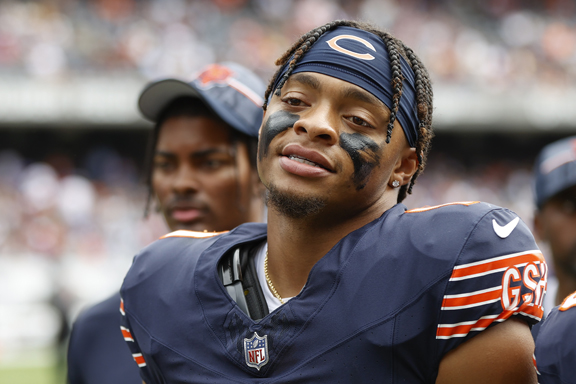







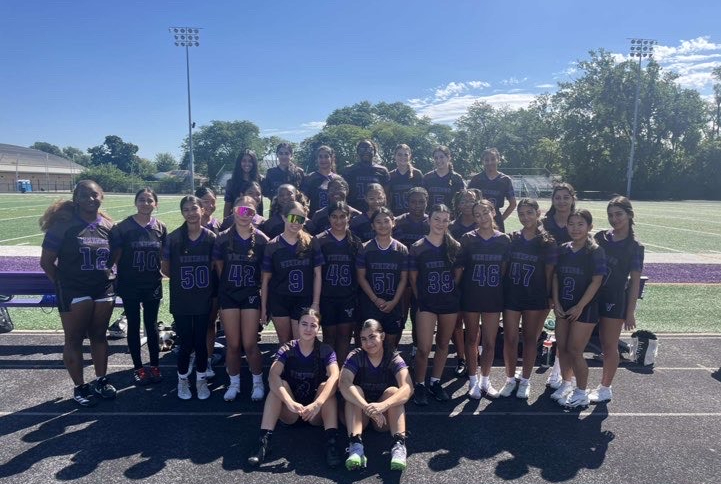

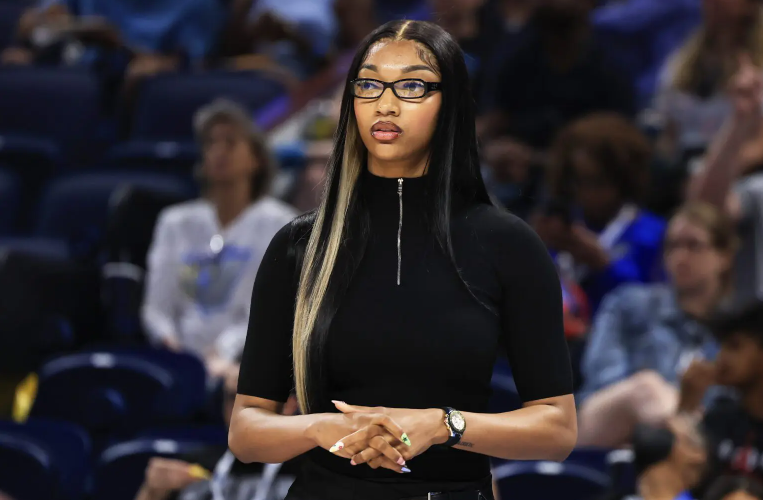
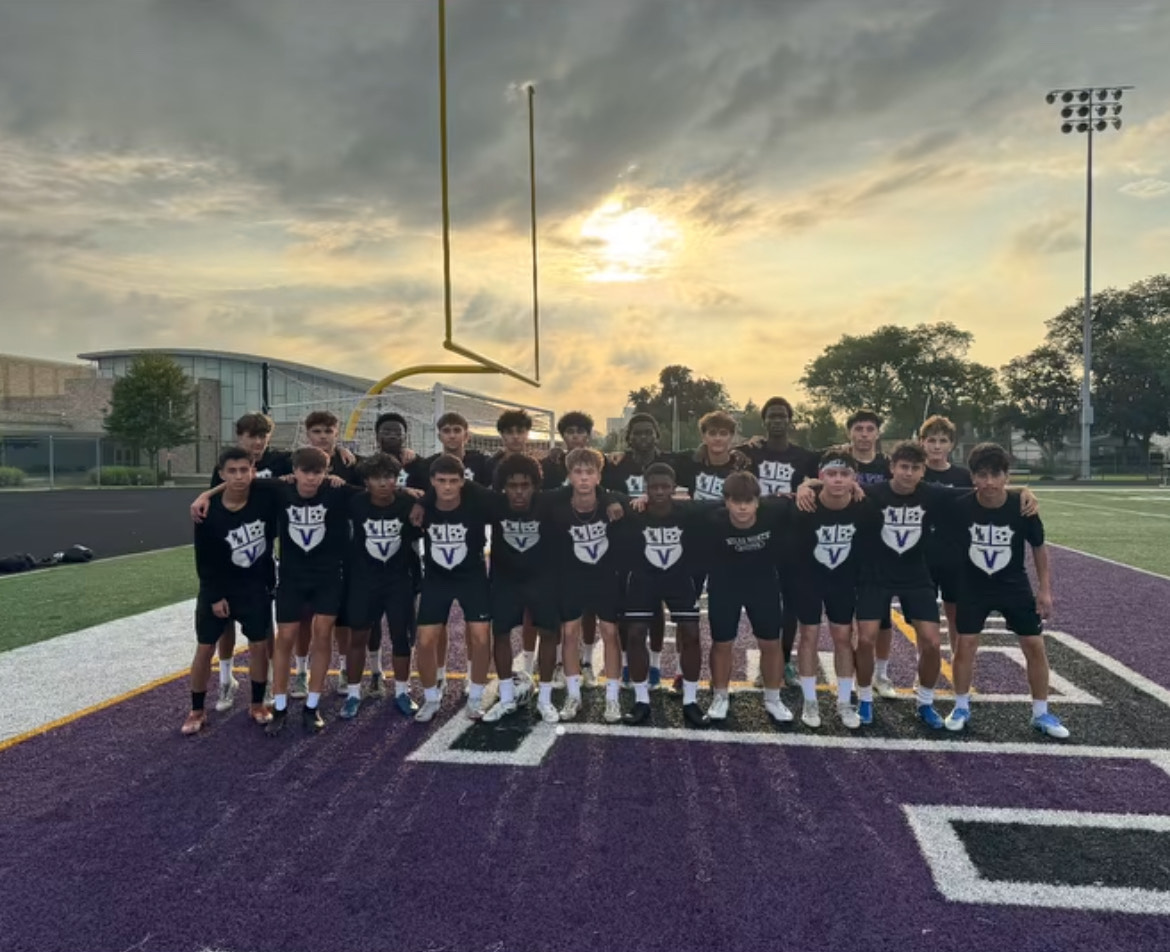
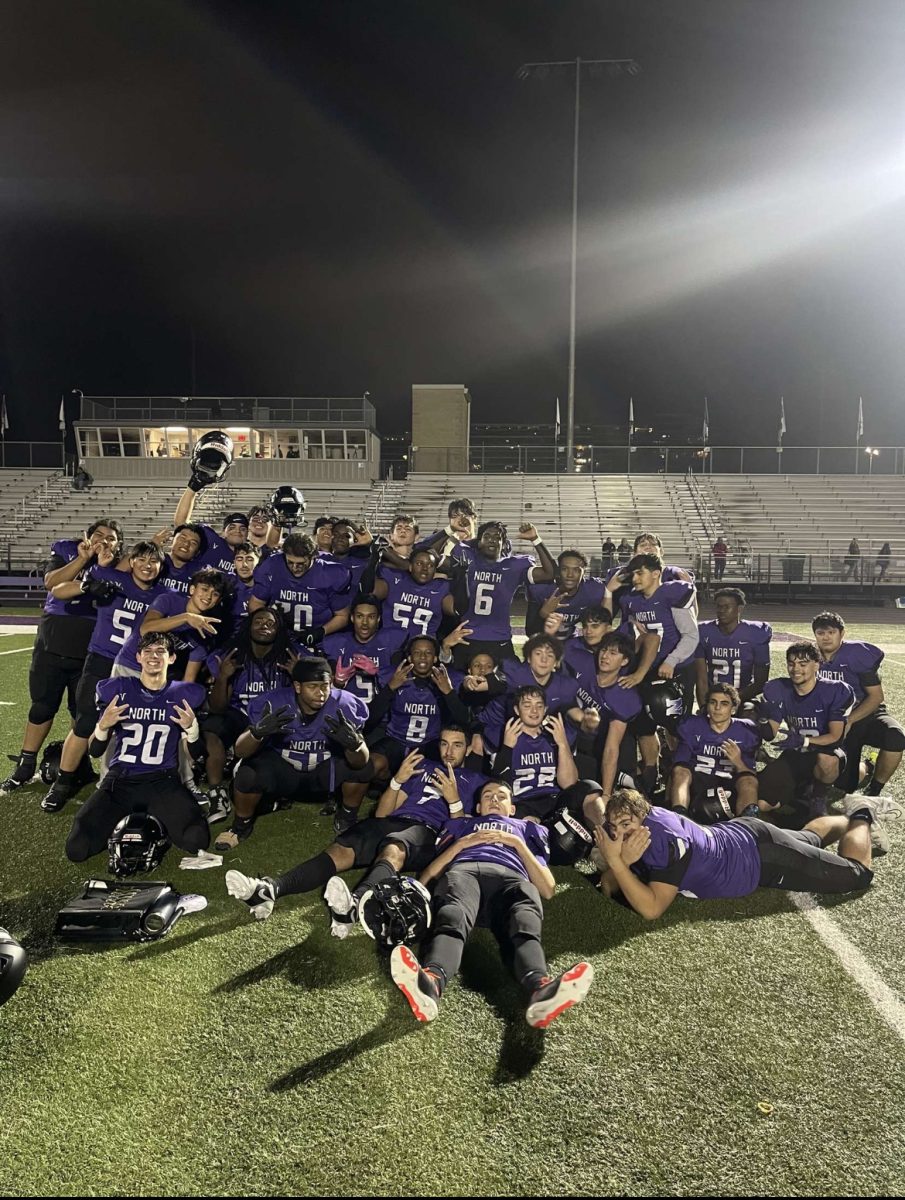

Courtney Hanson • Sep 16, 2023 at 6:46 pm
Great reporting and analysis, SAM!